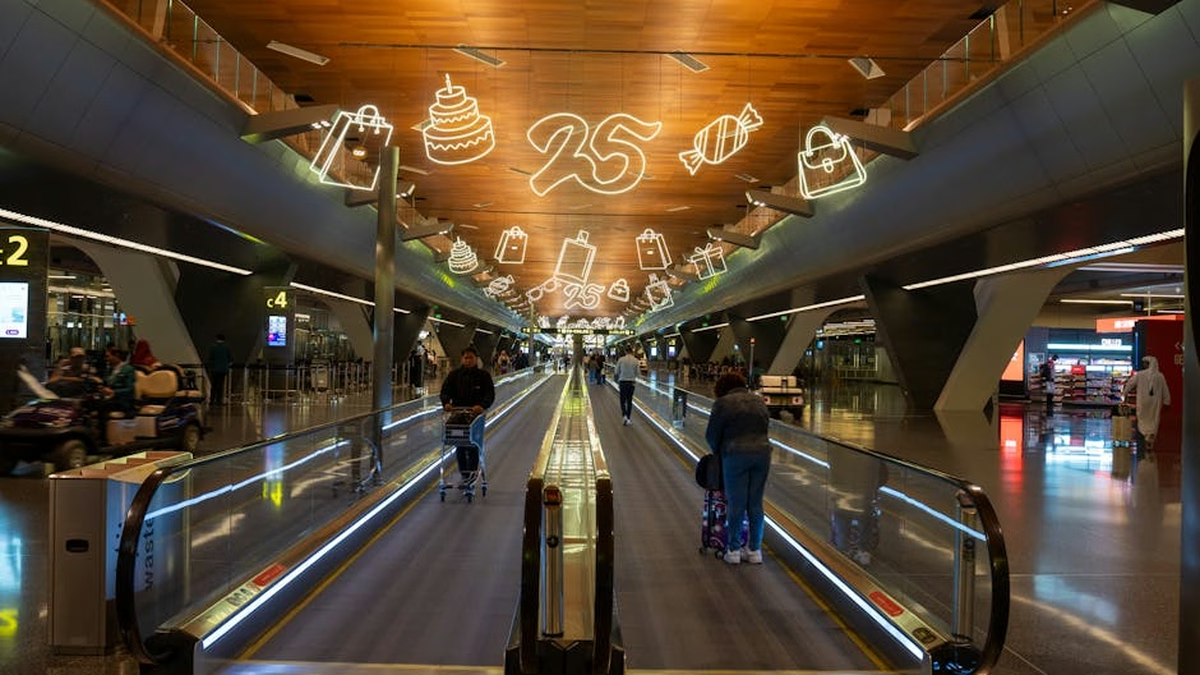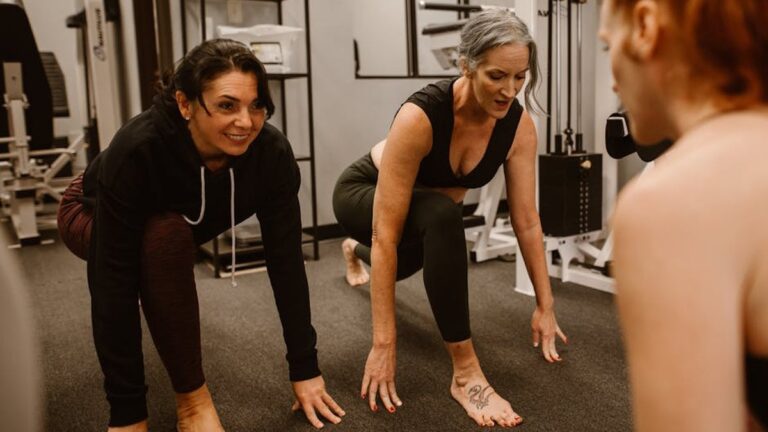Travel Fitness: Stay Active On the Road
Why Travel Fitness Matters
Traveling can disrupt your regular routines, including your fitness regimen. Long flights, unfamiliar food, and packed schedules can make it challenging to stay active. However, neglecting your travel fitness can lead to weight gain, fatigue, and decreased energy levels, ultimately impacting your overall travel experience. Maintaining a degree of Staying active while traveling is crucial for both your physical and mental well-being. Studies show that even short bursts of physical activity can improve mood, reduce stress, and boost cognitive function – all highly desirable when navigating new environments.
According to a study published in the Journal of Travel Medicine, travelers who engaged in regular physical activity reported higher levels of satisfaction with their trips compared to those who didn’t. It’s not just about aesthetics; it’s about feeling good and maximizing your enjoyment of your travels.
Planning Your Travel Workout Routine
The key to successful travel fitness is planning. Don’t wait until you’re already on the road to figure out how you’ll stay active. Incorporate fitness into your itinerary from the beginning.
Research Your Destination
Before you go, research the fitness options available at your destination. Many hotels have gyms, and some even offer fitness classes. Look for local parks, hiking trails, or swimming pools. Websites like TripAdvisor and Yelp can provide valuable insights from other travelers regarding fitness facilities and outdoor activities.
Pack Appropriately
Packing the right gear is essential for exercise on the road. Include lightweight workout clothes, comfortable shoes, and any small equipment you might need, such as resistance bands or a jump rope. Consider packing a reusable water bottle to stay hydrated throughout your trip.
Create a Flexible Workout Plan
Be realistic about your fitness goals. Don’t try to replicate your entire home workout routine while traveling. Instead, create a flexible plan that incorporates shorter, more manageable workouts. Aim for at least 30 minutes of moderate-intensity exercise most days of the week. This could include:
- Bodyweight exercises (squats, push-ups, lunges)
- Running or walking
- Swimming
- Yoga or Pilates
Simple Exercises You Can Do Anywhere
You don’t need a gym to stay active. Many effective exercises can be done in your hotel room or any other convenient location. These bodyweight exercises are excellent for maintaining your travel fitness.
Bodyweight Circuit
Perform each exercise for 30 seconds, followed by 15 seconds of rest. Repeat the circuit 2-3 times.
- Squats
- Push-ups (modify on your knees if needed)
- Lunges (alternating legs)
- Plank
- Jumping jacks
Resistance Band Workout
Resistance bands are lightweight and easy to pack, making them perfect for travel fitness. They can be used to target all major muscle groups.
- Bicep curls
- Tricep extensions
- Lateral raises
- Rows
- Squats with band resistance
Healthy Travel Habits for Sustained Energy
Travel fitness isn’t just about exercise; it’s also about maintaining healthy habits while on the road. Proper nutrition and hydration are crucial for sustaining energy levels and preventing illness.
Hydration is Key
Dehydration can lead to fatigue, headaches, and decreased performance. Carry a reusable water bottle and refill it throughout the day. Avoid sugary drinks and excessive caffeine, as they can dehydrate you further.
Smart Food Choices
It can be tempting to indulge in unhealthy foods while traveling, but making smart food choices is essential for maintaining your energy levels and preventing weight gain. Opt for lean protein, whole grains, and plenty of fruits and vegetables. Pack healthy snacks, such as nuts, seeds, or protein bars, to avoid unhealthy cravings.
Prioritize Sleep
Getting enough sleep is crucial for both physical and mental recovery. Aim for at least 7-8 hours of sleep per night. Create a relaxing bedtime routine to help you fall asleep more easily, such as reading a book or taking a warm bath. Try to adjust to the local time zone as quickly as possible to minimize jet lag.
Overcoming Common Travel Fitness Challenges
Even with the best planning, you may encounter challenges to your travel workout routine. Here’s how to overcome some common obstacles:
Limited Time
If you’re short on time, focus on high-intensity interval training (HIIT) workouts. These workouts are short but effective, allowing you to burn a lot of calories in a short amount of time. A 20-minute HIIT session can be just as effective as a longer, less intense workout.
Lack of Equipment
As mentioned previously, bodyweight exercises and resistance bands are excellent alternatives to traditional gym equipment. You can also get creative and use everyday objects as weights, such as water bottles or books.
Unfamiliar Environment
If you’re uncomfortable exercising in your hotel room, explore the local area for parks, trails, or other outdoor spaces. Consider joining a local fitness class or hiring a personal trainer for a few sessions. This is a great way to stay active and experience the local culture.
Case Study: The Business Traveler’s Fitness Solution
Sarah, a frequent business traveler, struggled to maintain her fitness routine while on the road. She found that long flights and demanding work schedules made it difficult to find time for exercise. However, she implemented a few simple strategies that made a big difference. She started packing resistance bands and incorporating 15-minute bodyweight workouts into her morning routine. She also made a point of walking to meetings whenever possible and choosing healthy options from restaurant menus. As a result, she was able to maintain her fitness level and energy levels, even while traveling extensively.
The Importance of Rest and Recovery
While Staying active is important, so is rest and recovery. Don’t push yourself too hard, especially when you’re adjusting to a new environment or time zone. Allow your body time to recover between workouts, and prioritize sleep. Listen to your body and take rest days when needed. Overtraining can lead to fatigue, injury, and decreased performance.
Conclusion: Make Travel Fitness a Priority
Maintaining your travel fitness requires planning, commitment, and flexibility. By incorporating these healthy travel tips into your routine, you can stay active, energized, and healthy while on the road. Remember that even small changes can make a big difference. Prioritize your well-being and make fitness during vacation a non-negotiable part of your travel experience. Enjoy your travels, and stay active!
References
-
Harvard T.H. Chan School of Public Health Physical Activity
– Research-based physical activity recommendations. -
Centers for Disease Control and Prevention Physical Activity
– Government physical activity guidelines for all ages. -
American Heart Association Fitness
– Cardiovascular health and exercise recommendations.






